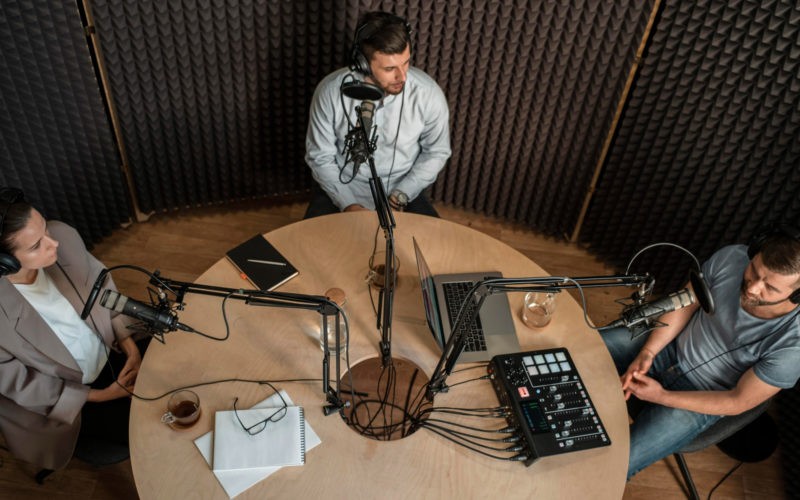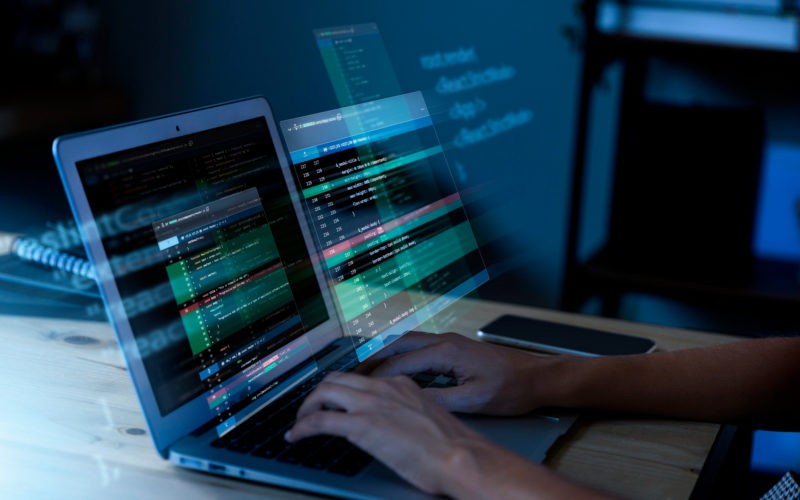In the current digital era, online safety for children is extremely significant. With an increasing number of kids using the internet, it is vital that parents, teachers, and policymakers guarantee their safety and protection online. This article talks about different elements of child online protection. It explores why it’s important, what can happen with inadequate security, and successful methods to improve it.
Importance of Online Security for Children
Rising Internet Use
The spread of digital devices and internet use has led to children spending more time online. This increase presents chances for education, but also risks of encountering harmful content. It’s critical to make sure children use the internet safely for their overall growth and wellbeing.
Protection from Harmful Content
The Internet is a huge storage area for information, including some that’s not suitable or dangerous for children. Protecting children from explicit content like violence, and inappropriate language, is a key worry. Strong online safety methods help stop this type of content, making sure that kids only see material fit for their age.
Protecting Personal Details
Kids may not know how to guard personal data on the internet. Avoiding identity theft and keeping privacy are vital parts of online safety. Educating kids about why privacy is important and putting security actions in place to defend their personal data are critical moves in securing their digital mark.
Impacts of Poor Online Security on Children
Psychological Effects
Kids can end up with serious psychological damage such as anxiety and stress from exposure to online bullying and inappropriate content. This sort of trauma can harm their mental health, lower their self-confidence, and decrease their overall happiness.
Academic Consequences
Lack of internet security can cause disruptions in studies, leading to a drop in academic performance. Kids might get engrossed in nonacademic things for a longer time, or may come across stuff that diverts them from their studies. This results in weak academic results.
Social Implications
Kids facing cyber harassment have significant social effects due to bad online security like wilting away from socializing. This leads to challenges in establishing healthy relationships on the internet and real life.

Effects of Proper Online Security on Children’s Well-Being
Better Mental Health
Strong online security steps boost kids’ mental health a lot. Cut down on access to dangerous online material and virtual bullying, kids feel less anxious and stressed, which improves their mental health.
Increased Concentration and Output
Adequate online safety allows children to devote more attention to their schooling, resulting in better school outcomes. By keeping distractions out and making sure they see only suitable, children can focus more effectively on academic tasks.
Positive Social Interactions
A secure online space promotes beneficial social interactions. Kids can interact positively with other kids and join in wholesome online actions, improving their social abilities and connections.
How to Block or Avoid Explicit Content
Parental Controls
Many electronic devices have parental controls built-in that enable adults to limit access to specific websites and applications. Utilizing these functions is an easy way to prevent kids from seeing inappropriate materials and provide a safer online experience for them.
Content Filters
Setting up software for blocking unfit content is another useful action. Many tools like web content filtering exist that can stop access to websites with explicit content, giving more security.
Safe Browsing Modes
Turning on safe search features in search engines and browsers can stop children from unintentionally finding explicit content. Most popular search engines provide safe browsing modes that remove explicit results, giving a safer search environment.
Essential Tools for Online Security
Antivirus Software
Preventing malware and viruses from attacking devices is a key part of online safety. Reliable antivirus software can effectively guard against harmful software that may damage devices or infiltrate personal data.
VPNs (Virtual Private Networks)
VPNs secure your online presence by encoding internet links. VPNs create a safe pathway to the internet, making it tough for hackers to gain entry to private data. They add an extra level of security for kids using the web. VPN for Chrome is often favored for increasing internet safety during browsing sessions.
Monitoring Apps
Monitoring apps permit parents to monitor their child’s online actions and set boundaries on usage time. These resources allow parents to oversee which sites their kids are visiting and how long they stay online, facilitating control over their web usage.
Actionable Tips for Parents and Supervisors
Regular Communication
Open conversation about internet safety with kids is vital. Parents need to highlight online dangers and encourage children to talk freely about their online activities without the fear of being punished. This open dialogue builds trust and makes children comfortable sharing their internet-based activities.
Making Internet Usage Rules
Setting clear internet usage rules helps keep a manageable online presence. Parents need to dictate what kinds of websites are allowed and control how much time kids can be online. Regular enforcement of these rules assures that kids comprehend and adhere to safe internet usage habits.
Educating Children
Informing children about potential dangers and the proper use of the internet helps them make smart choices. Kids need to know how critical it is not to personal data and identify possible hazards. Giving them the information necessary for safe internet usage is essential in ensuring their online security.
Conclusion
Summarizing Key Points
It is very important to maintain online security for children’s wellbeing. Measures to protect from harmful content and secure personal information provide a safer online environment for kids.
Promote Alertness
Maintaining regular checks and updating security systems are necessary. As the digital field changes, it is important to stay alert and ahead of these changes to ensure children’s safety. By urging parents and guardians towards a watchful approach in terms of online security, they can defend kids from possible web threats.
FAQs
How should I discuss online safety with my child?
Speak plainly and directly. Use language suitable for their age. Let your child know that it’s okay to tell you about their online habits and any problems they encounter. Building an atmosphere where kids feel at ease talking about their online actions is crucial for effectively conveying information about internet safety.
What could indicate that my child is a victim of cyberbullying?
Cyberbullying often leads to changes in behavior, avoidance of electronic devices, and emotional upset. If your child becomes quiet or appears troubled following internet use, they could be experiencing cyberbullying.
Can I access tools for online protection free of charge?
Absolutely, a number of free parental control and antivirus applications exist. Trying out complimentary versions of reliable software can safeguard your child’s online dealings without extra expenses.
To ensure children are safe on the internet, everyone should do their part through constant monitoring and efforts. By acting first, parents and caregivers can make the digital world a safer place for kids to learn, discover, and develop.












